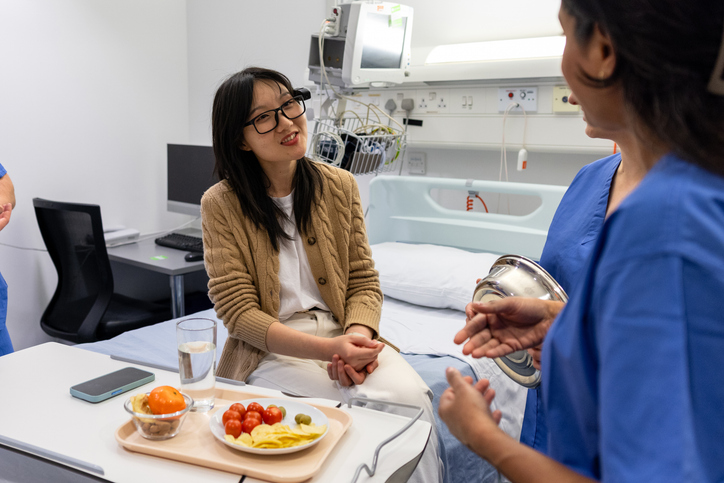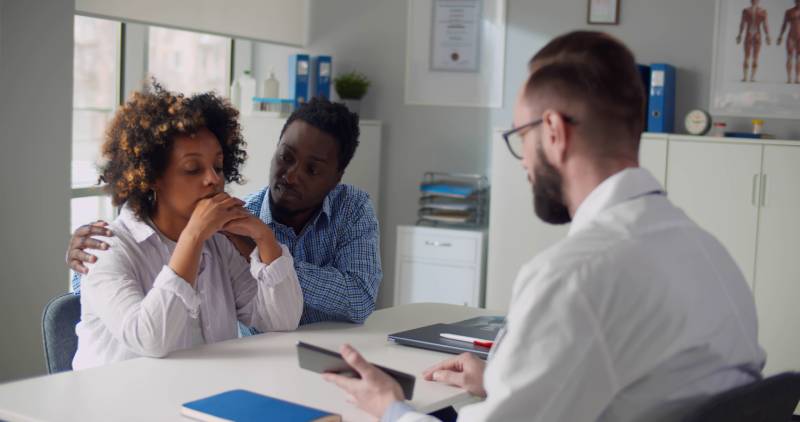
When healthcare professionals take the lead in preoperative patient counseling and postoperative aftercare, patients with gastric cancer experience better outcomes and reduced complications after undergoing radical gastrectomy, according to a recent study published in Open Medicine (Warsaw).
A team of researchers from China conducted the research, which evaluated “the effectiveness of three different models of preoperative counseling and postoperative follow-up care,” which were nurse led, surgeon led, or performed according to the current standard of care.
It was important to explore the effect of varying preoperative and postoperative approaches to counseling and aftercare because complications after radical gastrectomy are “quite common” and can lead to poor prognosis and increased mortality among patients with gastric cancer. Despite the frequency of complications, radical gastrectomy is considered a preferred treatment for gastric cancer.
The retrospective study included an analysis of 405 patients who had radical gastrectomy as treatment for gastric cancer. Participants were divided into 3 cohorts, the nurse-led group (n=105), the surgeon-led group (n=140), and a group that received the standard of care, which did not include preoperative counseling or aftercare (n=160).
According to the results, patients stayed in the postoperative intensive care unit (PICU) for 22 to 26 hours after surgery, with an average stay of 24 hours per patient. “The frequencies of nausea, vomiting, medical intensive care unit admission(s), dizziness, length of PICU stay, and intensity of postoperative pain were lower among patients in the NC [nurse-led] cohort, followed by those in the SC [surgeon-led] and RC [standard-of-care] cohorts,” the investigators explained.
In addition, the researchers found that patients in the standard-of-care cohort (16%) experienced increased mortality after surgery in comparison with the nurse-led cohort (2%) and the surgeon-led cohort (8%).
When compared with the surgeon-led group and the standard-of-care group, the nurse-led group also experienced fewer symptoms, less pain, shorter hospital stays, and less mortality after receiving preoperative counseling.
Although the nurse-led cohort experienced superior outcomes after surgery versus other methods explored by the study, the investigators explained that preoperative counseling and postoperative follow-up care led to improved outcomes for patients across the board when led by a healthcare professional, as opposed to when the standard of care alone was implemented. “Patients who undergo radical gastrectomy for gastric cancer require healthcare professional-led preoperative counseling and postoperative aftercare,” the researchers concluded.
Reference
Wang W, Zhu Y, Sun Y, Li Y. Comparison of the effectiveness of nurse-led preoperative counseling and postoperative follow-up care vs standard care for patients with gastric cancer. Open Med (Wars). 2025;20(1):20241098. doi:https://doi.org/10.1515/med-2024-1098







 © 2025 Mashup Media, LLC, a Formedics Property. All Rights Reserved.
© 2025 Mashup Media, LLC, a Formedics Property. All Rights Reserved.